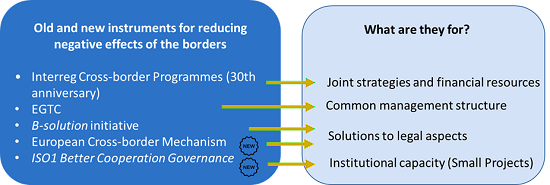
Bolstering Global Health: Cross-Border Epidemic Collaboration Initiatives
Effective responses to global health threats require collaborative efforts that transcend national boundaries. This article explores the significance of cross-border collaboration initiatives in tackling epidemics and fostering a united front against infectious diseases.
The Imperative of International Cooperation
In an interconnected world, the spread of infectious diseases knows no borders. International cooperation is imperative to effectively address epidemics that have the potential to impact populations worldwide. Cross-border collaboration initiatives serve as a testament to the shared responsibility of nations in safeguarding global health.
Information Sharing for Swift Response
One of the fundamental aspects of cross-border collaboration initiatives is the sharing of critical information. Timely and transparent communication between countries allows for a swift response to emerging health threats. This exchange of data includes information about outbreak patterns, diagnostic strategies, and treatment protocols, facilitating a coordinated and informed global response.
Joint Research and Development Efforts
Collaborative initiatives extend to joint research and development endeavors. Countries working together on vaccine development, antiviral medications, and diagnostic tools amplify the collective capacity to combat epidemics. Sharing expertise and resources accelerates the timeline for developing essential medical interventions, contributing to a more resilient global healthcare landscape.
Establishing Rapid Response Teams
Cross-border collaboration initiatives often involve the establishment of rapid response teams that can be deployed across borders in times of crisis. These teams are equipped to provide immediate assistance, share best practices, and support local healthcare systems. The ability to swiftly mobilize resources enhances the overall effectiveness of epidemic responses.
Harmonizing Regulatory Approaches
Divergent regulatory frameworks can pose challenges to the swift deployment of medical interventions. Cross-border collaboration initiatives aim to harmonize regulatory approaches, streamlining the approval processes for vaccines, treatments, and diagnostics. This alignment ensures that life-saving measures reach affected populations without unnecessary delays.
Resource Sharing and Equitable Distribution
Epidemic collaboration initiatives emphasize resource sharing and equitable distribution. This involves sharing medical supplies, vaccines, and expertise based on need rather than geographical location. Such initiatives promote a sense of solidarity and ensure that even countries with fewer resources have access to the necessary tools for effective epidemic management.
Capacity Building and Training Programs
Enhancing the capacity of healthcare systems globally is a key goal of cross-border collaboration initiatives. Training programs that foster the development of skilled healthcare professionals, improve infrastructure, and strengthen surveillance capabilities contribute to a more robust and resilient global health network.
Crisis Communication Strategies
Effective communication is vital during epidemics, and cross-border collaboration initiatives prioritize the development of crisis communication strategies. Coordinated messaging helps avoid misinformation, panic, and ensures that the public receives accurate and timely information, fostering trust and cooperation among nations.
Preparing for Future Challenges
Cross-border collaboration initiatives are not just reactive but also proactive. Nations come together to prepare for future challenges by engaging in scenario planning, simulation exercises, and continuous evaluation of response strategies. This forward-looking approach ensures that the global community is better equipped to face the uncertainties of evolving infectious diseases.
In conclusion, cross-border collaboration initiatives are a cornerstone of global health resilience. By fostering international cooperation, sharing resources, and building collective capacity, nations can effectively address epidemics and safeguard the well-being of populations worldwide. To learn more about cross-border epidemic collaboration initiatives, visit healthcares.my.id.













